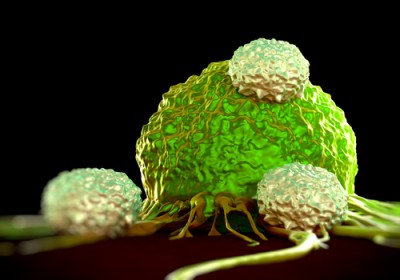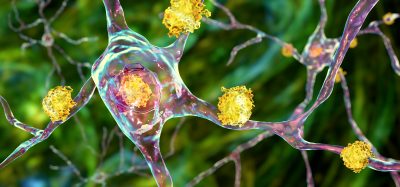Trial of CAR T-cell therapy in head and neck cancer starts
Posted: 8 December 2015 | Victoria White | No comments yet
Doctors are harnessing patients’ own immune systems in a pioneering trial taking place in London in an effort to find a new effective treatment for resistant head and neck cancer…


Doctors are harnessing patients’ own immune systems in a pioneering trial taking place in London in an effort to find a new effective treatment for resistant head and neck cancer.
The trial of the novel therapy, which involves genetically engineering the patient’s white blood cells so that they recognise and attack the tumour, is taking place at the National Institute for Health Research (NIHR) Biomedical Research Centre (BRC) at Guy’s and St Thomas’ and King’s College London.
Dr John Maher, Principal Investigator at the BRC, says: “In most cancers, metastasis, the spread of a disease from the part of the body where it started to another not directly connected, is the commonest cause of death. However, head and neck cancer is unusual in that local spread or recurrence of the disease accounts for most suffering and death. This means that tumours may become inoperable and do not shrink in response to traditional treatments such as chemotherapy or radiotherapy.”
Using a blood sample, Dr Maher’s team are genetically engineering the patients’ own white blood cells by treating them in the laboratory with a harmless virus that introduces two new genes. The first gene makes it easier to grow the cells during their time in the laboratory while the second enables these white blood cells to recognise and attack the tumour. The resulting treatment is called a CAR T-cell and takes two weeks to produce.
To maximise the safety and effectiveness of this new form of treatment, they are injecting the CAR T-cells directly into the tumour. CAR T-cell treatment has proven very effective in some forms of leukaemia but needs to be tested and developed further to benefit patients with solid cancers, such as head and neck cancer.
Trial will test the safety and effectiveness of CAR T-cell treatment
The main goal of the trial is to test the safety and effectiveness of this new treatment. Patients have been enrolled in groups of three and, if significant side effects are not seen, successive groups will receive a higher number of cells to establish safe dosage.
So far the team has completed the first cohort of three patients in this ongoing trial.
Dr Maher adds: “If this trial is successful, it could have significant implications for other solid cancers, especially those that spread within a natural space in the body, such as ovarian cancer (lining of the abdomen) or mesothelioma (lining of the lungs). In that setting, it may be possible to inject the CAR T-cells from the patient directly into the cavity, to localise the treatment where it is needed most.”
Related topics
Gene Therapy, T cells
Related organisations
Cancer Research, National Institute for Health Research (NIHR)








